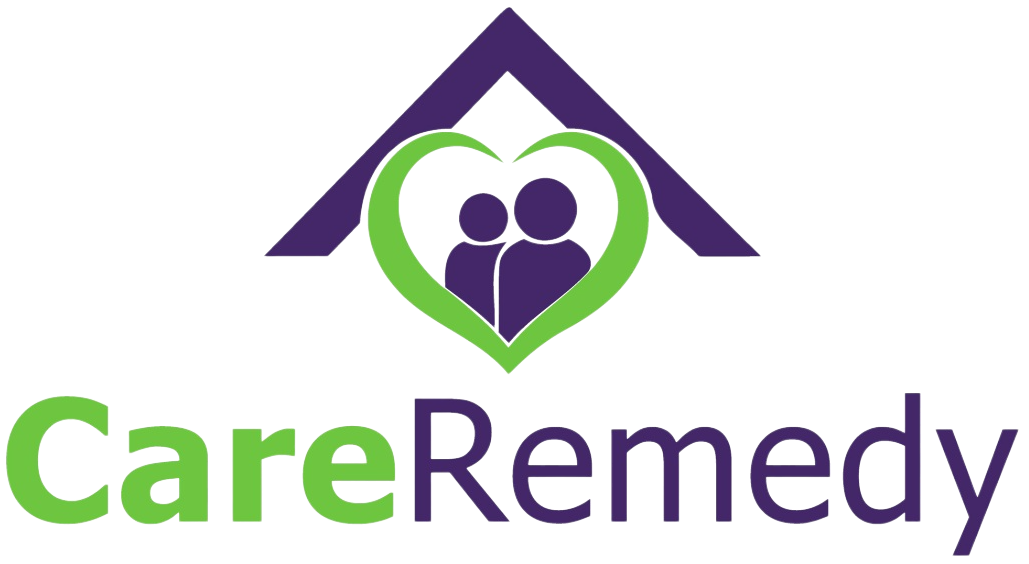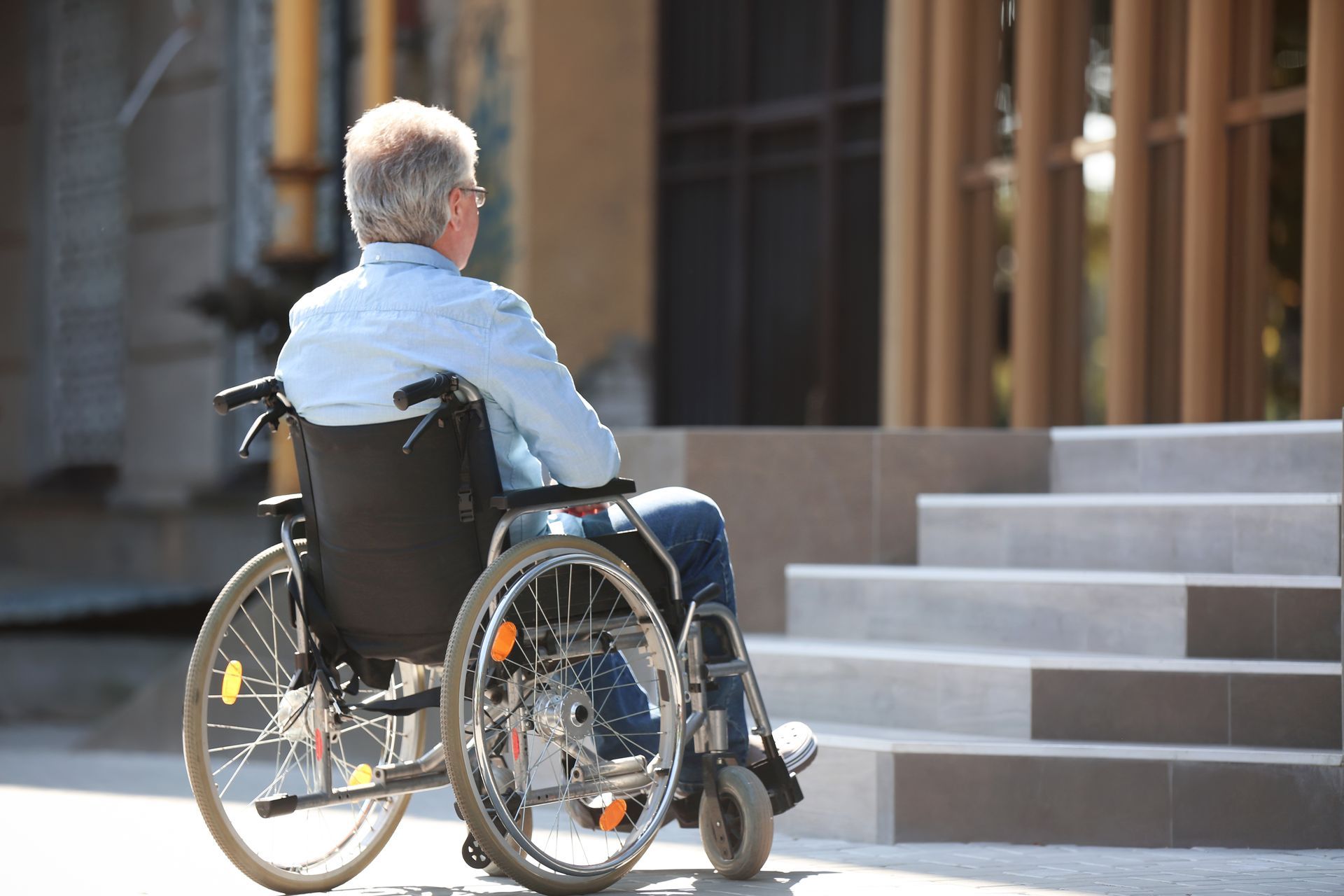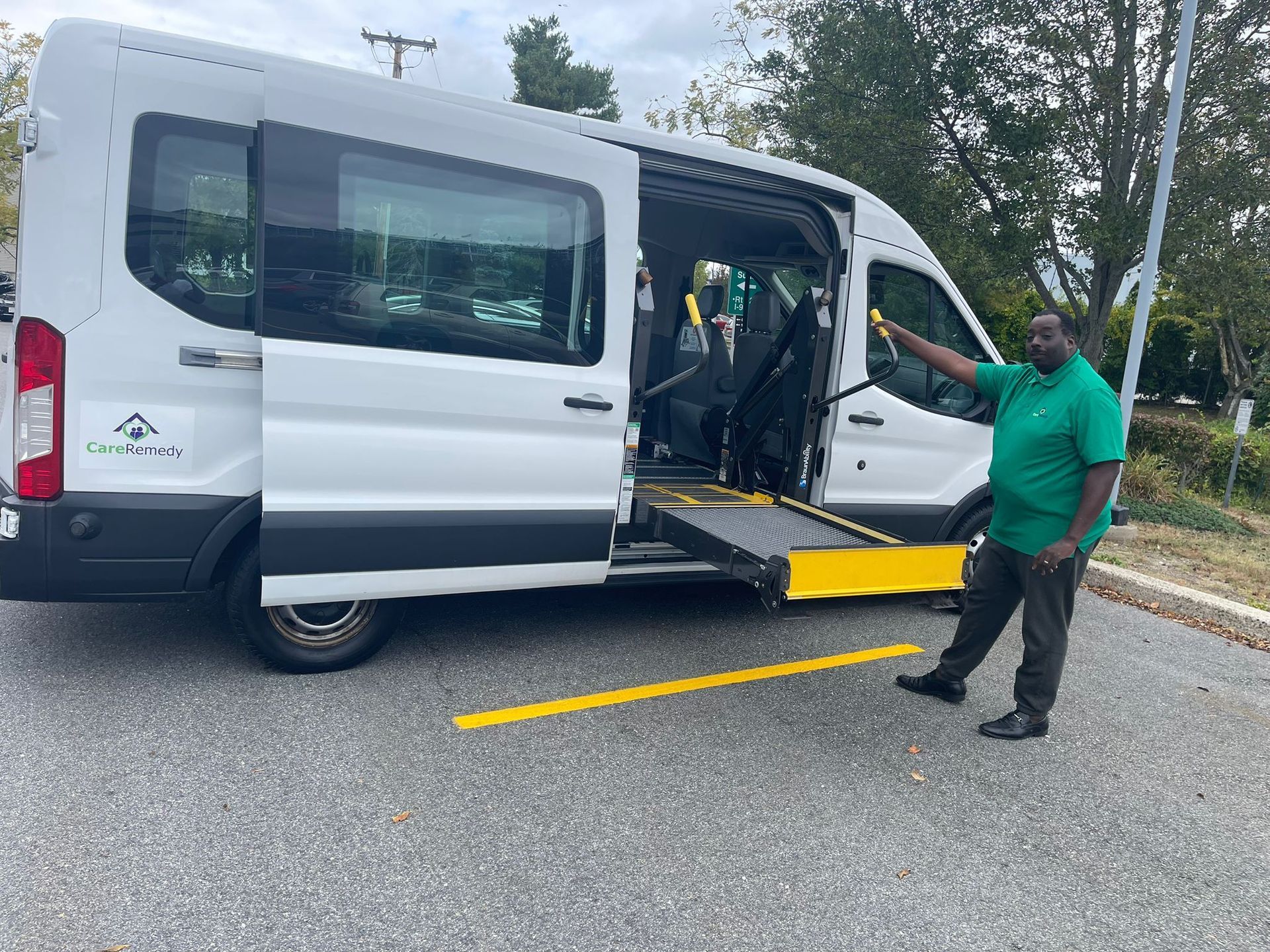Medicare 2025 to Cover Training for Caregivers to Learn Essential Skills
Well-Trained Caregivers Mean Better Results
Last Updated: October 26, 2024
Caring for a loved one is one of the most meaningful yet demanding responsibilities a person can take on. Whether it’s managing medications, providing personal care, or supporting mobility, caregiving requires more than just compassion—it requires specific skills and knowledge.
Well-prepared caregivers not only reduce the emotional and physical strain of caregiving but also significantly improve the health outcomes of the individuals they care for.
With the Medicare 2025 new caregiver training, families now have a unique opportunity to equip their caregivers with essential skills—empowering them to provide exceptional care that promotes well-being, recovery, and independence.
The Importance of Well-Trained Caregivers in Health Outcomes
When caregivers are properly trained, the difference is clear. Studies show that trained caregivers are better able to:
- Reduce Hospital Readmissions: Knowledgeable caregivers help monitor symptoms, manage medications, and ensure patients follow treatment plans, reducing the risk of hospital readmissions.
- Improve Chronic Condition Management: Caregivers with the right skills can help patients with chronic conditions maintain stability, prevent complications, and improve their quality of life.
- Enhance Mental and Emotional Well-being: Trained caregivers understand how to provide emotional support, which helps alleviate anxiety and depression often experienced by seniors or patients undergoing treatment.
- Promote Independence: Proper training enables caregivers to assist with mobility and daily activities without fostering unnecessary dependence, helping patients retain their independence for as long as possible.
Medicare’s New Caregiver Training Programs: A Lifeline for Families
Recognizing the crucial role that caregivers play, Medicare now covers caregiver training as part of a patient’s treatment plan. This initiative offers caregivers the chance to build essential skills that directly support their loved ones’ health goals.
Medicare’s caregiver training resources include:
- Medication Management: Caregivers learn how to safely administer medications according to the prescribed schedule, reducing the likelihood of medication errors.
- Personalized Care Techniques: Training sessions teach caregivers how to provide individualized care, such as managing diet, mobility, and hygiene based on the patient’s specific needs.
- Health Goal Achievement: The training emphasizes the importance of aligning care efforts with the patient’s treatment goals to ensure positive outcomes.
- Caregivers can attend individual or group training sessions provided by healthcare professionals. Notably, Medicare offers flexibility, as caregivers can participate in these sessions even if the patient is not present. This ensures caregivers can learn without disrupting their loved one’s routine.
Coverage Details: Families pay 20% of the Medicare-approved amount, and the Part B deductible applies to these services.
Why Caregiver Training Is a Game-Changer
- Caregiver education transforms the caregiving experience, not just for the caregiver but also for the patient. Well-trained caregivers feel more confident and competent, which reduces stress and burnout. Patients, in turn, benefit from higher-quality care, improved physical and emotional well-being, and better adherence to treatment plans.
- Training also empowers caregivers to respond effectively in emergencies, manage changes in health conditions, and provide essential support during challenging times. By ensuring caregivers are equipped with the right skills, families can enjoy peace of mind, knowing that their loved ones are in capable hands.
How to Access Medicare’s Caregiver Training Resources
If you are caring for a loved one, taking advantage of Medicare’s caregiver training resources is easy. Here are a few steps to get started:
- Your healthcare provider will have to determine that caregiver training is appropriate for your treatment plan and recomment sessions that align with it.
- Work with Your Provider: Collaborate with your healthcare provider to develop a personalized care plan and determine which training sessions are most appropriate.
- Plan Ahead: Use Medicare’s flexible training schedule to attend individual or group sessions without disrupting your loved one’s care.
Care Remedy: Your Partner in Compassionate, Professional Care
At Care Remedy, we know that having well-trained caregivers means better results—not only for the individual receiving care but also for their families. Whether you’re seeking support during your caregiver training or need ongoing professional care, our team is here to help.
Our caregivers are equipped with the skills and compassion needed to make a meaningful difference in the lives of our clients.


